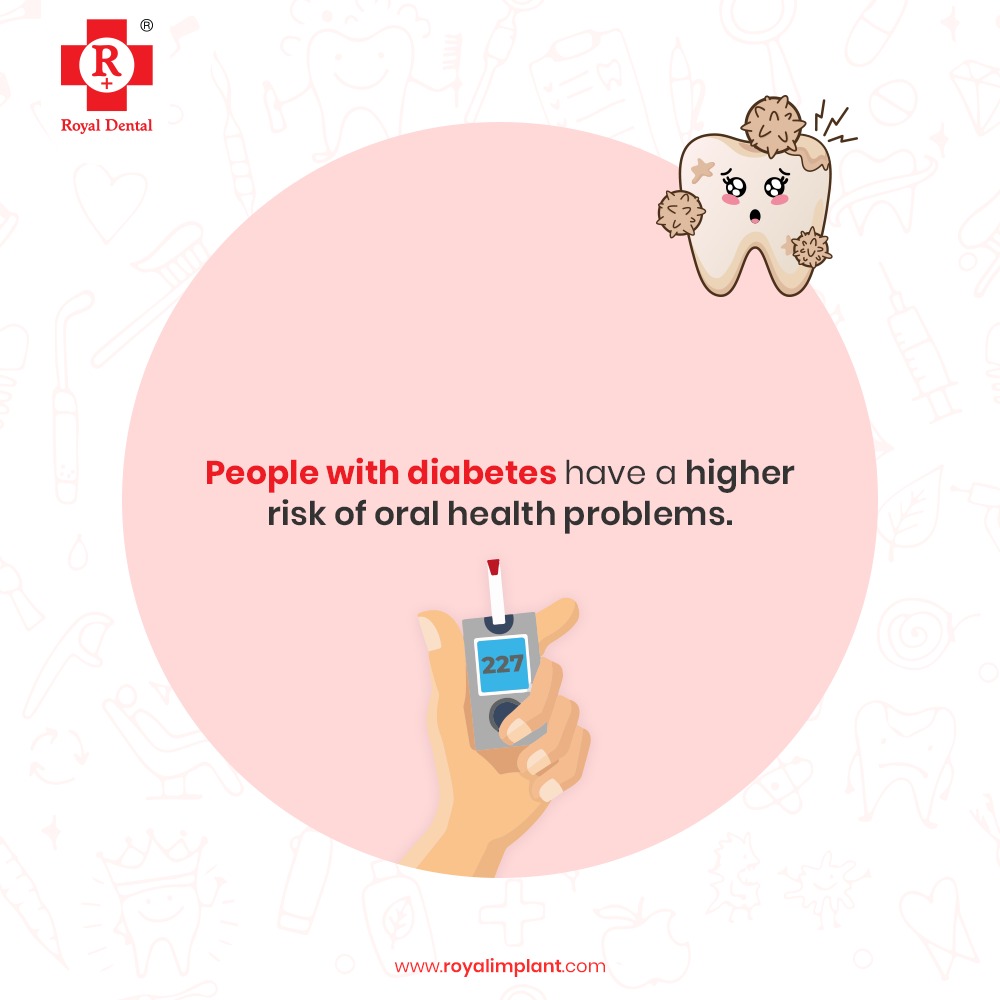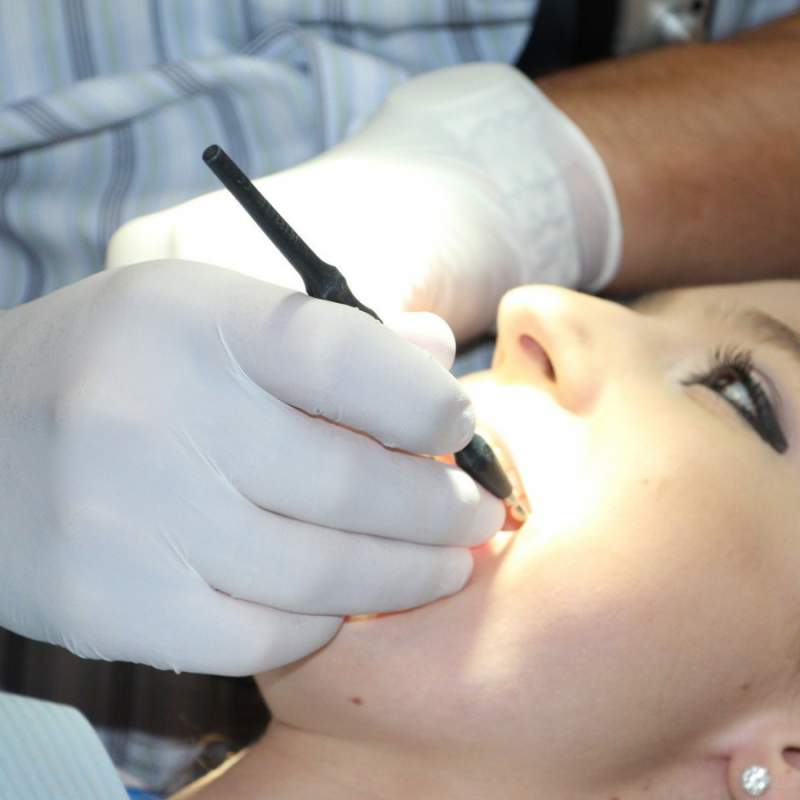Did you know that oral health is a key factor in your general wellness? That’s right; your mouth is much more than just the place you store your snacks and chomp on chewing gum. The condition of your teeth and gums can have a direct impact on your general well-being and set the tone for other conditions you might develop later in life. In fact, periodontal disease has been linked to other serious medical conditions such as diabetes and heart disease. Poor oral hygiene can also lead to tooth sensitivity, dry mouth, and even tooth loss. Fortunately, there are some simple things we can do every day to improve our oral hygiene. Keeping up with regular brushing, flossing, and getting frequent dental check ups are all critical components of healthy teeth and gums.
What is good Oral Health?
Dental health is the state of oral health and refers to the condition of the teeth, gums, and other parts of the oral cavity. Conditions affecting the oral cavity include tooth decay, periodontal disease, oral cancer, dental implants, and dental hygiene. Good oral health can help prevent and/or cure many other issues in the body.
For example, people with dental fluorosis (brown spots on their teeth) are more likely to have issues with their thyroid gland than those without fluorosis. Also, gum disease can lead to general inflammation in the body, which can lead to other diseases such as heart disease, diabetes, and arthritis.
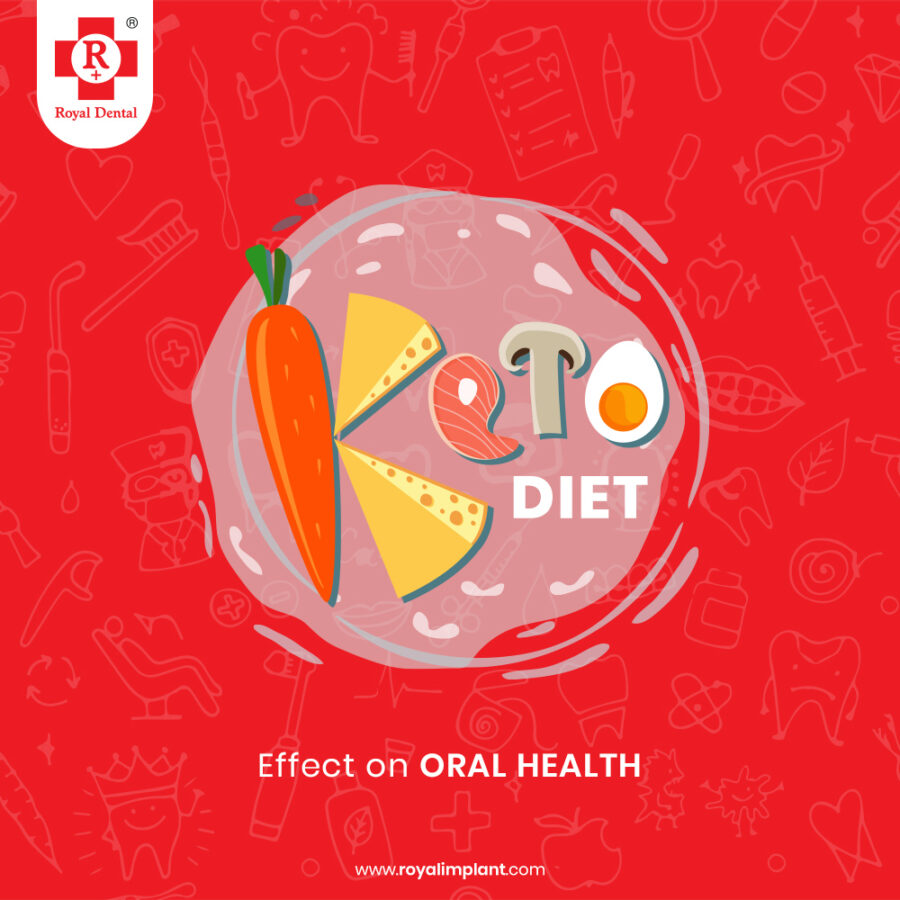
Establishing and maintaining good oral health is important not only because it affects your smile, but also because it affects your overall health. Poor dental hygiene can increase the risk of heart disease, diabetes, and even tooth loss. Adhering to a good dental hygiene routine can reduce the risk of these conditions and improve your overall health.
How do we maintain Good Oral Health?
Brushing – Brushing at least twice a day (after breakfast and before bed) is the first step toward good oral hygiene. Brushing removes plaque, the thin film of bacteria that forms on teeth and gums. Plaque can harden into a substance called tartar that must be removed by your dentist. Brushing your teeth with a fluoride toothpaste twice a day is the most effective way to prevent cavities and gum disease. Using the correct brushing technique will help protect your teeth and gums.
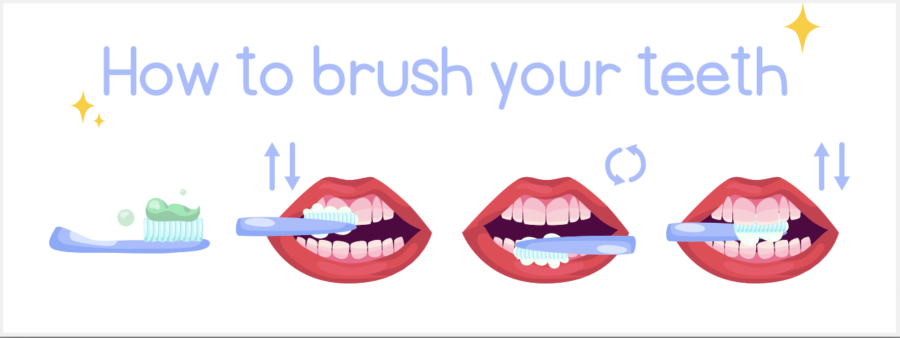
Flossing – While brushing cleans the top and sides of teeth, flossing gets in between the teeth to remove plaque between teeth and under the gum line. Brushing can’t get all the plaque. It’s important to rinse flossing away to prevent gum disease and tooth decay.
Other oral health habits – Other habits that can reduce your risk of oral disease include not smoking, drinking water, and limiting the amount of soft drinks you consume.
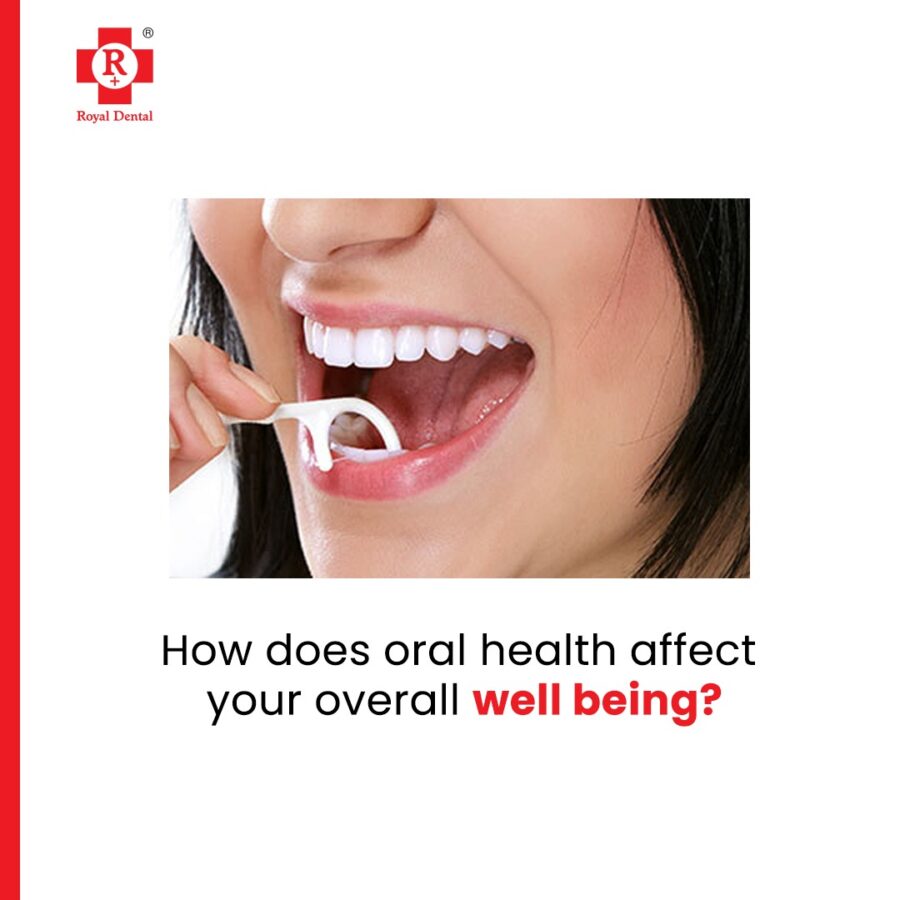
Important Habits That Build Good Oral Health
Nutrition – An important habit that can help maintain your oral health is eating a balanced diet.
A diet rich in vitamin C and calcium promotes healthy teeth and gums. Foods like dark leafy greens, oranges, and dairy products are good sources of vitamin C. Calcium-rich foods include low-fat yogurt and milk.
Drinking water – Drinking eight glasses of water each day can reduce the risk of gum disease. Water flushes bacteria from your mouth and teeth, which can help prevent cavities and periodontal disease.
Regular dental checkups – Getting a dental exam and cleaning once every year is one of the most important habits that can

